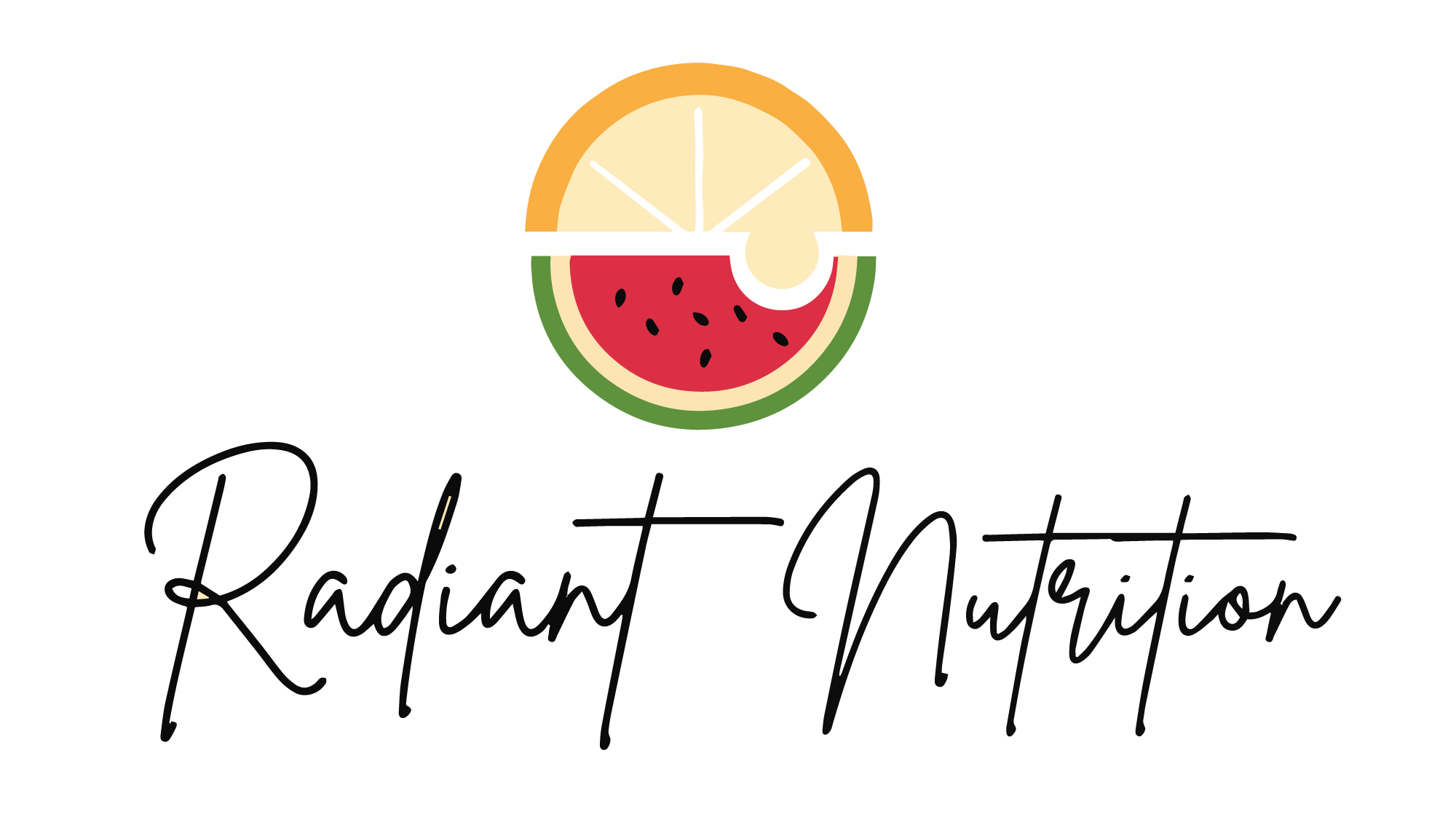Silencing the Food Police
In a world where what we eat is often labeled as either good or bad, it can be difficult to make peace with our food choices. The media chimes in by co-signing certain foods as “guilt-free”, thereby implying that eating alternative foods should make us feel guilty. But the most damning voice of all is the voice in our head. The one that just won’t let up even when all we are trying to do is just eat a normal meal.
Collectively these voices can form the chorus of nutritional influences that are called the food police. When left to their own devices, they can cause an unsustainable and unreasonable relationship to develop between you and your food. This shame-based relationship can, in turn, lead to eating disorders, hormonal imbalances, and other health problems. But in order to challenge their oft too critical reprimands, it’s important to identify the different kinds of food police that can come knocking on your door.
The Apprehender
When the food police arrives in the form of the apprehender, the goal is to nab you in the act. This is the voice that commands you to, “Stop! Step away from that dessert section.” What this voice omits to tell you is that all foods are made up of nutrients the body can use, not just the one’s diet culture says are okay.
You see, the hallmark of the food police is that they mistakenly pass off consuming foods containing sugar or higher levels of fat as committing a transgression. They berate you for choosing such foods as if it were a matter of morality, yet what you eat neither makes you a good person nor a bad one
The Interrogator
The role of the interrogator is to question your every dietary move.
“What were you doing in the kitchen at 11PM last night?”
“How can you possibly still be hungry when you just ate?”
“How many calories are in that ice-cream sundae?”
Such persistent demands for data can rob you of the joy of participating in one of life’s great pleasures (and necessities!): eating. While it is helpful to be aware of what you’re consuming, the assault of having to answer for every single bite that enters your mouth can fill you with anxiety and mentally block you from succeeding in your journey toward health and recovery.
The Fines Issuer
The fines issuer believes in retributive ‘justice’. It’s the voice in your head that says, “OK, if you eat this pizza you’ll have to do an extra 15 minutes in your next workout,” or, “Since you’ve eaten so much now, you can’t have any more food today.”
This kind of thinking can leave you feeling like a criminal deserving of punishment. When that punishment takes the form of restricted access to sustenance, or worse still, purging, it may take you down a dangerous path that detracts from achieving your health goals.
Silencing the Food Police
The best way to silence the food police is to strengthen the voice of the intuitive eater inside of you. For instance, when offered a decadent brownie, instead of saying to yourself, “I’m not allowed to have carbs,” you could say, “I’m going to enjoy this brownie AND honor my body my stopping when I’m satisfied. When you listen to your inner sage, instead of your inner critic, the change in the tone of voice will help you develop a more compassionate and positive relationship with food.
Learning to let go of judgment by the inner critic and releasing the reins of perfectionism can be some of the first steps you take toward food freedom. Your nutritional journey need not be a textbook. It just needs to serve your individual needs. It need not be linear. It can, instead, be an exploration of what you need physically, mentally and emotionally. It need not be interrogative. Rather, it can be a patiently developed relationship between you and the food you eat.
Want to learn more about intuitive eating? Reach out to us here.
Tribole, E, Resch, E. (2017)The Intuitive Eating Workbook. California New Harbinger Publications.
Tribole, E, Resch, E. (2020) Intuitive Eating: a revolutionary program that works. : St. Martins Essentials.

